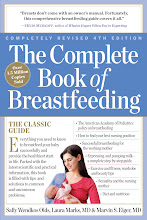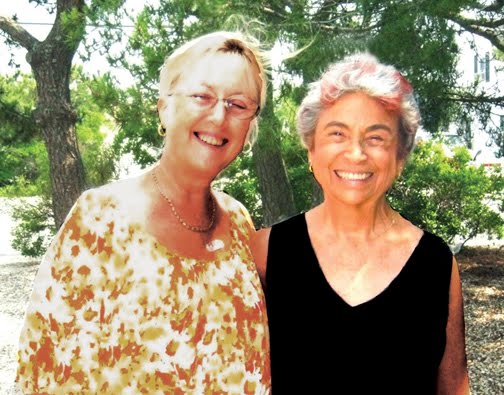Because many of us at grandparent-age have suffered the loss of someone we loved, a report in today's New York Times about the forthcoming revision of the American Psychiatric Association's "bible" for practitioners, its Diagnostic and Statistical Manual (DSM), is worth mentioning here. Grieving people often show the same symptoms as clinically depressed people -- you can’t sleep or you’re sleeping too much, you’re eating too little or too much, you can’t concentrate on work or even a good book, you can’t enjoy the people and activities that you once did, and overall, you’re a mess. Some members of the American Psychiatric Association are now defining deep grief that lasts more than two weeks as major depression, but most of us who have mourned a loved one know that symptoms like these often last well beyond two weeks or even two months, or much longer.
So it’s startling to note that the DSM, which has up until now excluded grief from the diagnosis of depression, has now eliminated the bereavement exclusion and made deep grief lasting longer than two weeks an official diagnosis. This would imply that most bereaved people need medical help. Not all professional agree.
For example, Marc E. Agronin, M.D., a geriatric psychiatrist, says, “grief is part of the human condition, not a psychiatric problem.” And Joseph Nowinski, Ph.D., a clinical psychologist and coauthor of "Saying Goodbye: How Families Can Find Renewal through Loss," has expressed concern that normal signs of grief may be wrongly diagnosed as major depression, and therefore medicalized and treated out of context. Jerome C. Wakefield, Ph.D. of New York University agrees, worrying that millions of people with normal symptoms of grief will be incorrectly diagnosed as having a mental disorder, given medication with possibly dangerous side effects, stigmatized for grieving more intensely, and pressured to quickly get over the loss of a loved one before they’re ready.
Psychiatrist M. Katherine Shear says that normal grief and major depression should not be confused. “It's typically not difficult to tell the two states apart," she told me. “Grief is a response to bereavement in which the sadness is always accompanied by a deep sense of yearning and longing for the person who died. The sadness is totally focused on that person.” This has been brought out in research that showed that when patients with complicated grief looked at photos of their loved ones, the parts of their brains associated with rewards or longing lighted up.
In a compromise responding to the division within the profession, DSM-V will have a footnote reminding doctors that any significant loss could cause depressive symptoms and should be carefully investigated. However, this means that people suffering a loss have to be careful they are not being over-treated.
Sparkler Pencils
5 days ago






















.jpg)





.jpg)
.jpg)
.jpg)
.jpg)




.jpg)






.jpg)